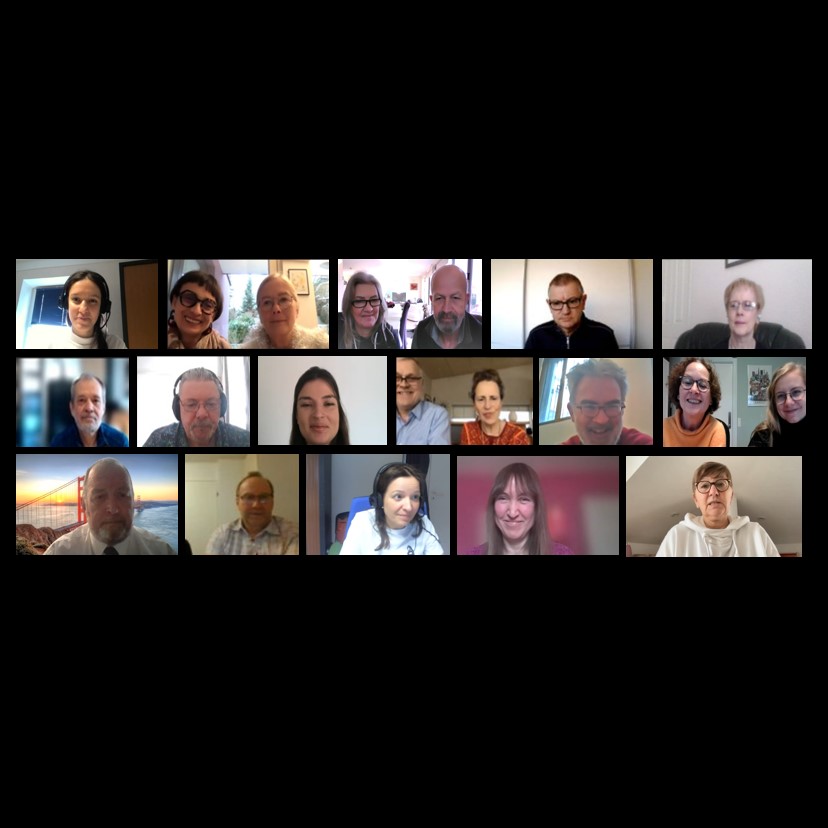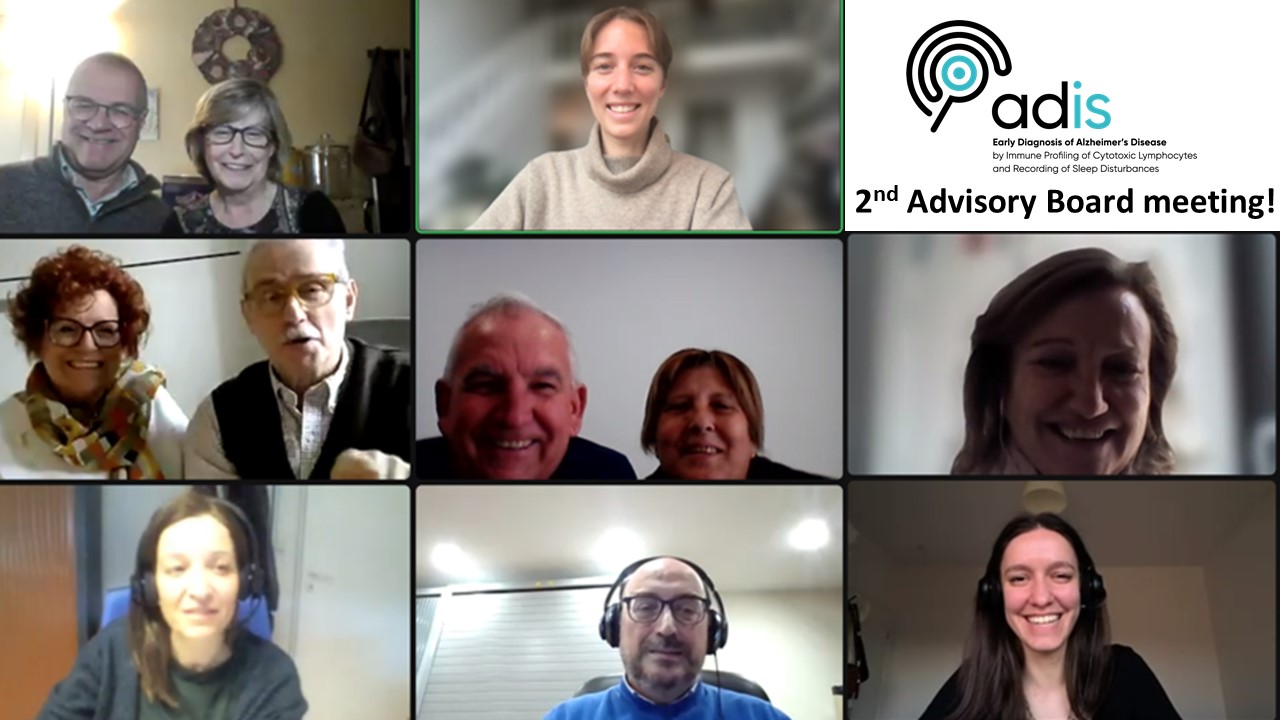In this spotlight on early career researchers interview we talk with Sophia Krix, a PhD student in Computational Life Sciences at the University of Bonn, Germany. She comes from the field of neurobiology and now tackles biomedical questions with the help of artificial intelligence as part of her PhD at the Fraunhofer Institute for Algorithms and Scientific Computing in Sankt Augustin, Germany.
Could you tell us about your career to date?
I studied biology in Würzburg (Germany) with a focus on neurobiology because I wanted to gain a better understanding of physiological mechanisms in healthy development and how they change in neurodegenerative diseases.
The deeper I got into the field of neuroscience, the more I understood that it is an interdisciplinary field and requires knowledge from outside the biological domain to tackle the challenging problems in neurodegenerative diseases. As so, I started a Master in Life Science Informatics in Bonn. This degree allowed me to gain a broader perspective in how to combine computer science and biology to drive research in the biomedical field. These experiences then led me to the PhD I’m doing in Computational Life Science. What I am interested in is developing artificial intelligence approaches in order to find more targeted and individualized treatments for patients, a field that is known as personalized medicine.
What motivated you to pursue a career in science?
I was always fascinated by questions like; ‘How do we store memories and access them?’, ‘How do we coordinate complex movements’, and ‘What changes in the brain when people are not able to coordinate voluntary movements or cannot access their memories?’.
On a more personal note, I saw the drastic changes that a neurodegenerative disease can cause, as there was a dementia case in my close family. All this led me to the decision to pursue a career in science and help to drive the field forward.
How can Machine Learning help us improve our understanding of dementia?
Machine Learning is all about learning from experience.
In order to understand dementia better, we need to understand the data that we have. For this, we draw on clinical data, imaging data, genetic and or gene expression data (although not limited to). Using Machine Learning can help us seeing what changes in people who have dementia compared to healthy people. Step by step this enables us to gain a better understanding of disease progression and to differentiate between healthy aging and underlying disease processes.
Using data from various resources (called “multi-modal data”) can help us to identify subgroups of affected people, who may benefit more or less from a specific treatment. This in turn supports doctors to get the right treatment to the right patient at the right time.
How do you apply Machine Learning in your day-to-day work?
In the ADIS project, my focus lies on identifying candidate biomarkers for early-stage Alzheimer’s disease patients or patient subgroups. To do this, I use for example clinical features, sleep rhythm data, as well as single-cell RNA sequencing data from both Alzheimer’s disease patients and healthy controls (collected in Barcelona at Fundació Clínic per a la Recerca Biomèdica).
Using artificial intelligence models, I analyse the data and look for patterns that distinguish Alzheimer’s disease patients from healthy controls. The process involves developing and coding scripts in various programming languages to pre-process the data and further develop an implementation of our AI model. The aim is to train the model repeatedly until it can accurately identify a person with Alzheimer’s disease and predict whether an unknown person will develop Alzheimer’s disease.
What excites you most about your work?
What excites me most is that I can work together with people from many different domains, including biotechnology and computer science. We all collaborate interdisciplinary to develop solutions for problems in the biomedical field in the hope that we can change people’s lives for the better.
What impact do you hope your work will have in the long run?
I hope that my work will support the development of decision-support tools that help doctors in their work. For example, artificial intelligence approaches could help to better predict whether and when someone will develop a disease, or more specifically, identify which subtype of disease they will develop. This could ultimately lead to improved treatment decisions. While I do not believe that machine learning neither could nor should replace the expertise of doctors at all, I think that it has the potential to support them.
What do you see as the key challenges & opportunities for your field?
One of the main challenges I encounter are the hurdles to acquire high quality data from multiple data sources (“multi-modal”), preferably longitudinal studies, with as little missing data as possible, which is rarely the case as some patients will drop out of studies for various reasons. Importantly, we need data that is not gender-biased and that represents ethnicities equally. All these criteria require more effort and costs, but are crucial for better decision support in healthcare.
The recent development in wearables (technical devices like smart watches, rings, etc.) and smart devices opens a whole new area of data collection in the 21st century. I see a great opportunity here to acquire information on patient behaviour that could be extremely beneficial for early detection of disease onset as well as monitoring of disease progression to better decide on treatment and interventions.
What would be potential solutions to those challenges?
Interdisciplinary collaborations between researchers in biotechnology and computer science, clinicians and patient organizations do have a high potential to gain a better understanding of complex diseases that are multi-factorial and heterogeneous. Together, we have a good chance to develop methods for a more precise diagnosis of diseases and more targeted therapies. In this line falls our ADIS project, where we and our partners currently strive to collaboratively develop a method for early diagnosis of Alzheimer’s disease.





